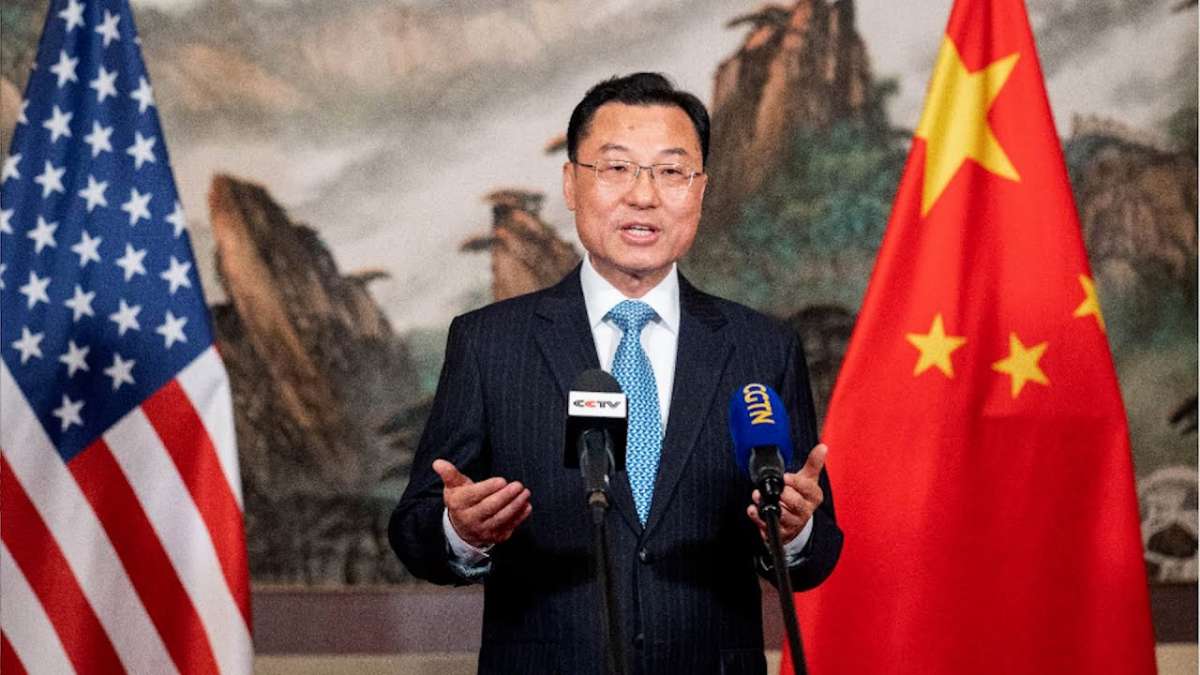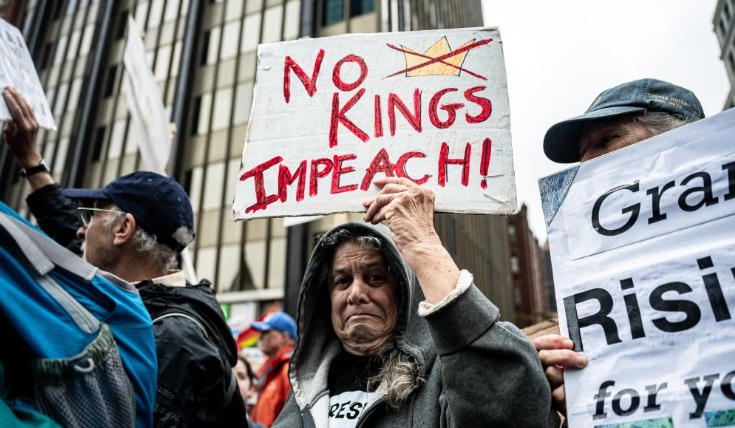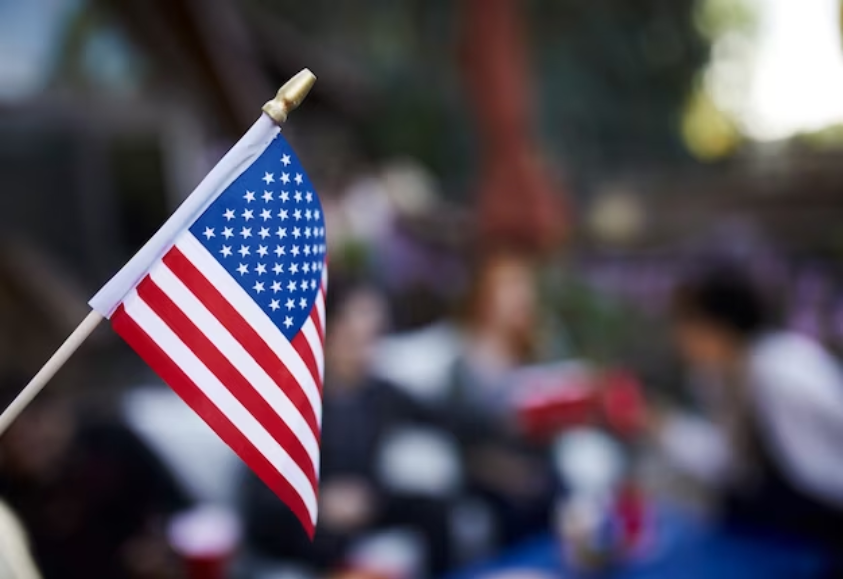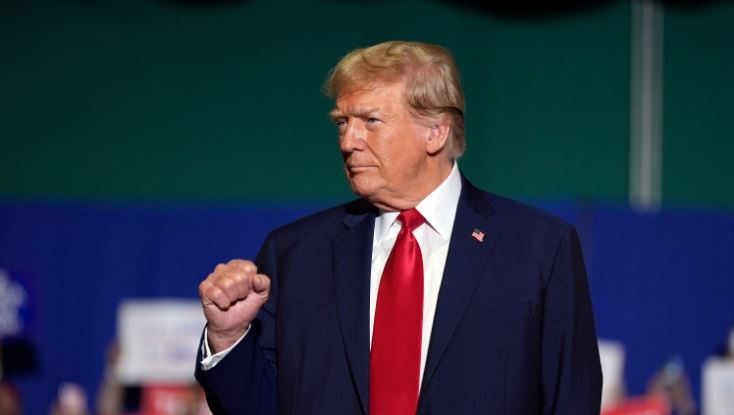Noting that there is indeed competition between China and the United States, the ambassador said the Chinese people do not shy away from competition, but competition must be fair…reports Asian Lite News
Chinese Ambassador to the United States Xie Feng has said that China does not consider the Thucydides Trap an inevitable part of its relationship with the United States. To avoid stepping into it, Washington should try to work with Beijing.
Xie made the remarks on Friday during a fireside chat with Harvard Kennedy School’s founding dean, Graham Allison, whose book “Destined for War: Can America and China Escape Thucydides’s Trap?” has since its publication in 2018 become a must-read for anyone devoted to or interested in the study of U.S.-China relations, Xinhua news agency.
“Now that we have all realized the extreme danger of the ‘Thucydides Trap,’ why should we still jump headlong into it?” Xie said at the event held at Harvard University. “From the very start, China does not see the ‘Thucydides Trap’ as inevitable.”
China is willing to work with the U.S. side based on the principles of mutual respect, peaceful coexistence and win-win cooperation to promote the sound, steady and sustainable development of China-U.S. relations, and jointly navigate around the trap, he said.
Xie said the Chinese side has shown sincerity in cooperating on issues of U.S. concern. However, dialogue and cooperation should be reciprocal and based on mutual respect, and one cannot focus on one’s own interests. It is hoped that the U.S. side will take earnest actions to implement their leaders’ important consensus on issues of concern to the Chinese side, he added.
The two sides should advance cooperation in a reciprocal spirit and prudently manage differences to turn the “San Francisco Vision” created during the China-U.S. summit in the United States into reality and promote the sound, stable and sustainable development of China-U.S. relations, Xie said.
Noting that there is indeed competition between China and the United States, the ambassador said the Chinese people do not shy away from competition, but competition must be fair.
“It should be like competing for excellence in a racing field, not beating one another in a wrestling ring,” he said. “What the U.S. side is having in mind, though, is not competition, but bullying.” He mentioned specific U.S. moves such as blocking China’s access to certain advanced technologies and accusing China of being “over-competent” or having “overcapacity” in certain industries.
Xie said it would be self-deluding to suppress and encircle China in the name of competition on the one hand, and try to manage competition and avoid direct conflict on the other.
“The relationship should not be simply defined by competition,” Xie said. “If we allow competition to dominate China-U.S. relations, it would only give rise to strategic risks. No one would come out as a winner.”
ALSO READ: Biden administration passes bill that could lead to TikTok ban














